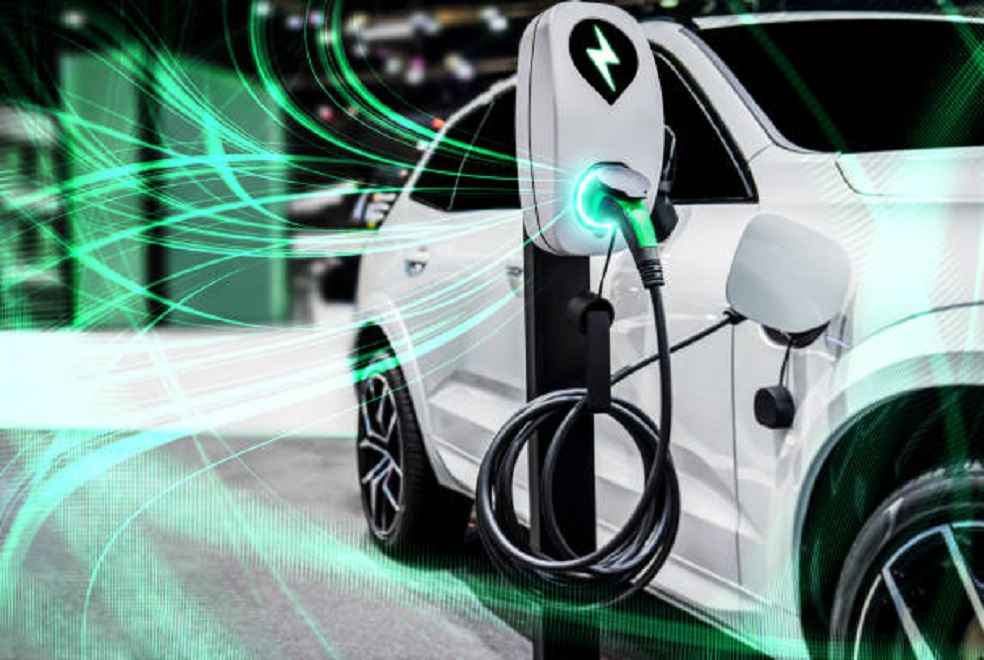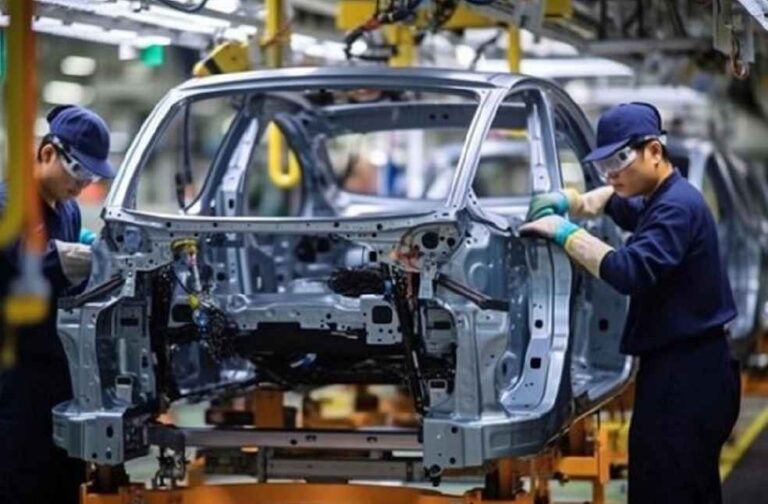A consequential wave is poised to ripple through the global automobile industry as the European Union (EU) contemplates imposing elevated import duty on Chinese battery-electric vehicles (BEVs). This regulatory reconsideration looms ominously for prominent automotive brands such as Tesla, BMW, and Renault, each of whose Chinese-manufactured models have garnered considerable market share in Europe.
Prompted by suspicions of substantial state subsidies facilitating artificially low BEV prices, the European Commission (EC) initiated an official investigation on October 4. Chinese BEVs, including flagship models from global giants like Tesla’s Models 3 and Y, BMW’s iX3, and Renault Dacia’s Spring, have surged in European markets, with shipments soaring by a remarkable 112% in the early seven months of 2023.
Driven not by industry grievances but by a proactive imperative to safeguard European automotive competitiveness, the EC’s action aims to neutralize potential market distortions attributed to outsized Chinese governmental support. It casts scrutiny on whether intrinsic manufacturing prowess or significant state subsidies fuel the competitive edge of Chinese BEVs.

In robust rebuttal, China decries the allegations, framing the investigation as a manifestation of ‘blatant protectionism’ with the potential to disrupt automotive supply chains globally. They attribute the meteoric rise of their BEV industry to relentless innovation, technological advancement, and strategic industry consolidation rather than governmental largesse.
Should the EC’s inquiry affirm its initial suspicions, consequential regulatory adjustments may ensue. The import duties on Chinese BEVs could see a substantial elevation, potentially rising from 10% to a stark 30%. This prospective adjustment aligns more closely with the United States’ existing policy stance, which imposes a formidable 27.5% import duty on Chinese BEVs, augmented by stringent local sourcing and assembly mandates.

Taking a divergent approach, Japan maintains a reserved stance toward Chinese BEVs, reflecting a perception of these vehicles as lacking in technological sophistication and overall quality, thus posing a negligible competitive threat to Japan’s domestic automotive landscape.
This pivotal regulatory contemplation signifies a broader global trade contention, emphasizing the imperative for striking a delicate equilibrium between fostering fair competitive arenas and circumventing protectionist pitfalls. Its unfolding promises to significantly influence the automotive industry’s global trajectory, heralding potential shifts in competitive dynamics and market penetrations.
AUTOMOTIVE WORLD | DP World Elevates Global Automotive Logistics with CFR Rinkens Acquisition



